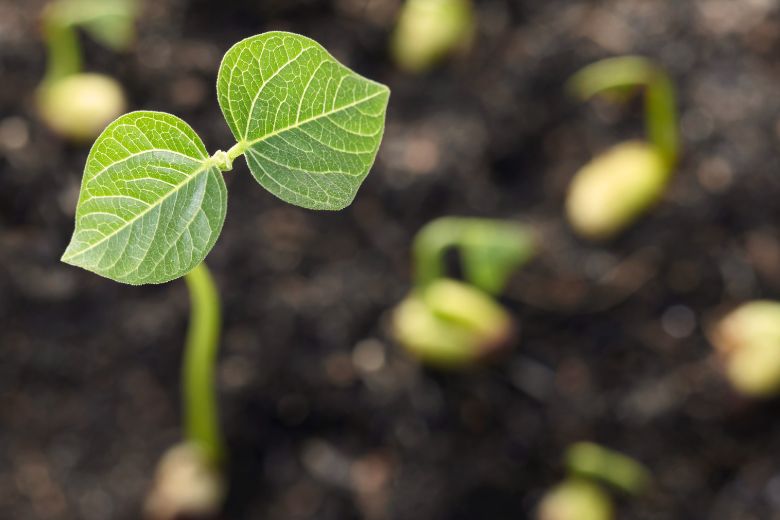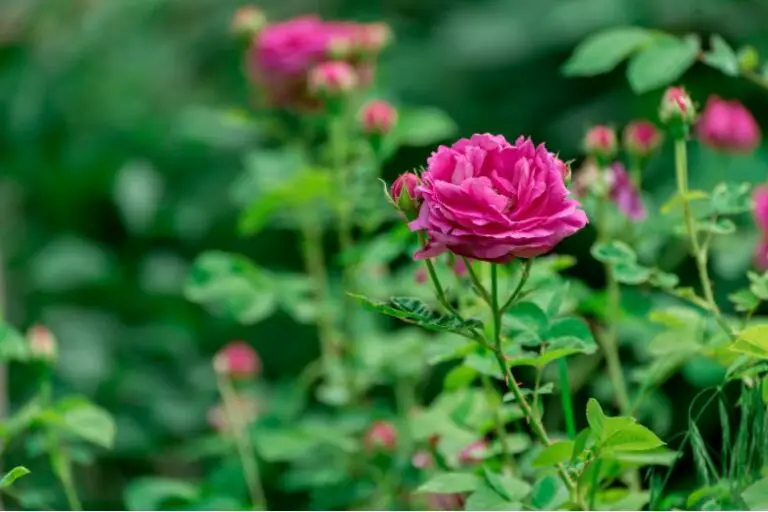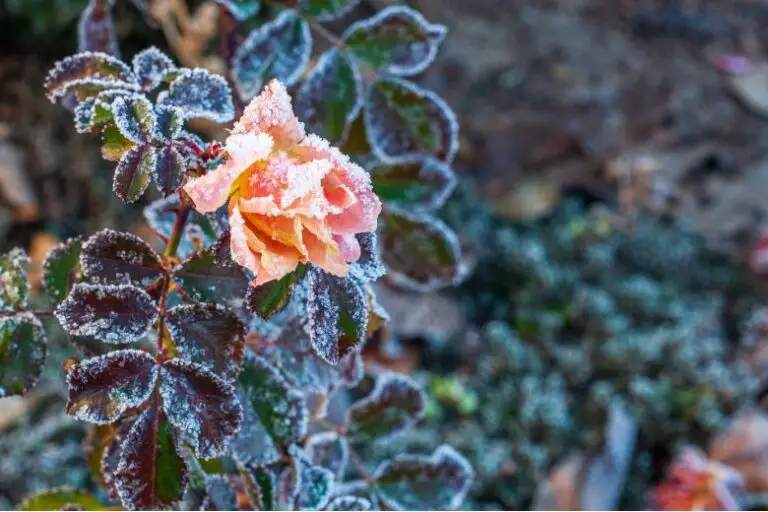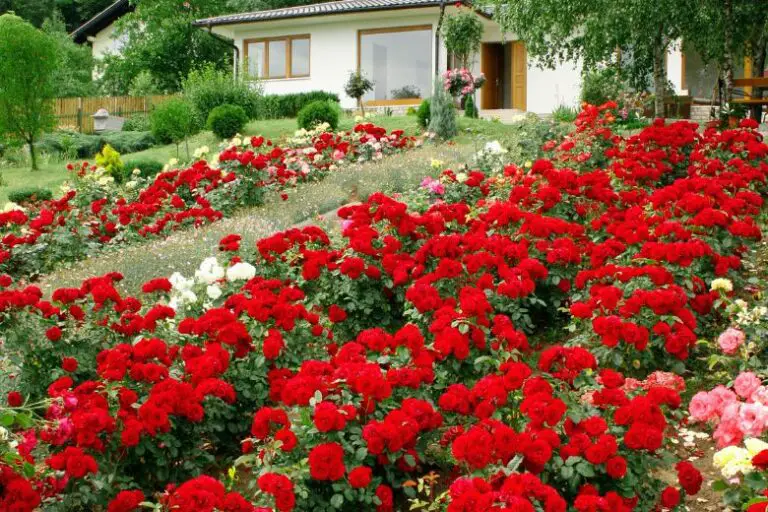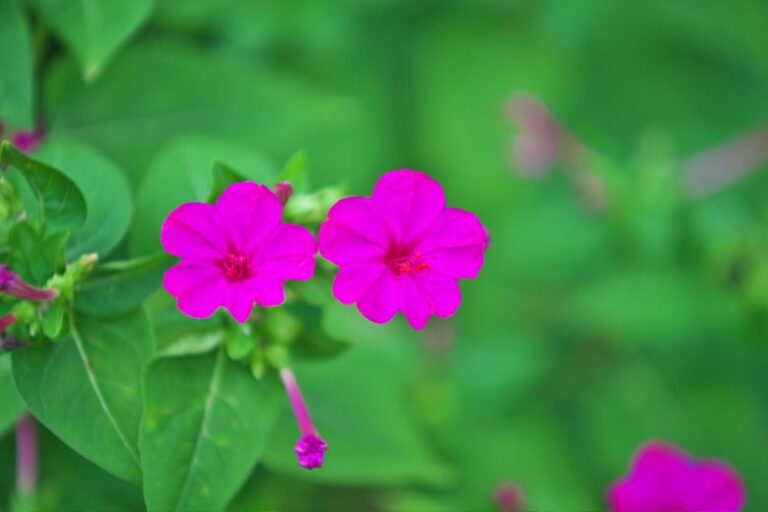How to Plant Rose Seeds
Roses are a symbol of love, beauty, and elegance. While many gardeners prefer to propagate roses through cuttings, planting roses from seeds can be a rewarding and exciting experience. In this comprehensive guide, we will take you through the process of planting rose seeds step-by-step. By the end, you’ll have the knowledge and confidence to grow your own stunning rose plants from seeds.
What Are Rose Seeds?
Rose seeds are small, dormant plant embryos enclosed in a protective seed coat. These seeds develop within rose hips, which are the fruit of pollinated rose flowers. Each rose hip contains several seeds that have the potential to grow into unique rose plants.
Why Plant Rose Seeds?
Planting roses from seeds offers several advantages. Firstly, it allows you to experiment and create new rose varieties. Secondly, it can be more cost-effective than purchasing established rose plants. Lastly, growing roses from seeds can be a highly fulfilling and enjoyable gardening experience.
Selecting the Right Rose Seeds
Choosing Rose Varieties
Before you begin, decide on the types of roses you want to grow. There are countless rose varieties available, each with its unique colors, fragrances, and growth habits. Choose varieties that resonate with your preferences and climate conditions.
Buying High-Quality Seeds
When purchasing rose seeds, ensure you buy them from reputable suppliers. High-quality seeds have a higher chance of germination and successful growth. Read reviews and seek recommendations from experienced gardeners to make an informed choice.
Organic vs. Hybrid Seeds
Consider whether you want to grow organic roses or hybrid varieties. Organic seeds are obtained from open-pollinated roses and are more likely to produce plants true to their parent plants. Hybrid seeds, on the other hand, offer a wide range of unique characteristics but may not produce identical plants.
Preparing for Planting
Germination Requirements
Rose seeds have specific requirements for germination. They need proper moisture, temperature, and stratification (cold treatment) to break their dormancy. Research the specific germination needs of the rose varieties you plan to grow.
Gathering Necessary Tools
Before you start planting, gather all the necessary tools, including pots or trays, high-quality potting soil, plant labels, and a watering can. Having everything ready will make the process smoother.
Soil Preparation
Ensure your potting soil is well-draining and rich in nutrients. Roses thrive in slightly acidic soil with good drainage. Avoid using garden soil, as it can be too dense and may hinder seedling growth.
Planting Rose Seeds
Indoor vs. Outdoor Planting
Decide whether you want to plant your rose seeds indoors or directly in your garden. Indoor planting offers better control over environmental factors, while outdoor planting mimics natural conditions.
Sowing the Seeds
Sow the rose seeds in the prepared soil, following the recommended planting depth. Lightly water the soil after planting and cover the pots or trays with plastic wrap to retain moisture.
Proper Watering Techniques
Keep the soil consistently moist but not waterlogged. Use a misting spray or a gentle watering can to prevent dislodging the delicate seedlings.
Providing Adequate Sunlight
Rose seedlings need ample sunlight to grow strong and healthy. Place them in a sunny location, ensuring they receive at least 6-8 hours of sunlight daily.
Taking Care of Seedlings
Transplanting Seedlings
Once the seedlings develop their first set of true leaves, they can be transplanted into individual pots. Handle the seedlings carefully to avoid damaging their fragile root systems.
Fertilizing Young Plants
Feed the young rose plants with a balanced fertilizer to support their growth. Follow the manufacturer’s instructions and avoid over-fertilizing, as it can harm the plants.
Pruning and Training
As the seedlings grow, you may need to prune them to promote bushier growth. Train the young plants to shape them according to your preferences.
Protecting Roses from Pests and Diseases
Common Pests to Watch For
Be on the lookout for common pests such as aphids, spider mites, and thrips. Early detection and prompt action can prevent infestations from spreading.
Preventative Measures
Maintain good garden hygiene and remove any debris that could harbor pests or diseases. Consider companion planting to naturally repel pests.
Organic Pest Control Methods
If pests become an issue, try using organic pest control methods, such as neem oil or insecticidal soap, to avoid harmful chemicals.
Winter Care for Rose Seedlings
Preparing for Winter
Before winter sets in, prepare your rose seedlings by providing them with extra protection.
Winter Mulching
Mulch around the base of the seedlings to insulate the roots from freezing temperatures.
Indoor Winter Care
If you’re growing roses indoors, ensure they receive enough light and maintain a suitable indoor temperature during winter.
Tips for Successful Rose Seed Planting
Consistent Care and Attention
Regularly check on your rose seedlings and provide them with the care they need to thrive.
Observing Seedling Progress
Observe the growth of your seedlings, as it can offer insights into their health and potential issues.
Learning from Mistakes
Don’t be discouraged by failures. Learn from any mistakes you make and use them to improve your future gardening efforts.
FAQs
1. Can all rose varieties be grown from seeds?
Not all rose varieties produce seeds that are viable or true to their parent plants. Some hybrid roses are sterile and cannot be grown from seeds.
2. How long does it take for rose seeds to germinate?
Rose seeds can take anywhere from 2 weeks to 3 months or more to germinate, depending on the variety and environmental conditions.
3. Is it possible to grow roses in pots from seeds?
Yes, you can grow roses in pots from seeds. Just ensure the pots have proper drainage and adequate sunlight.
4. What are the common mistakes to avoid when planting rose seeds?
Overwatering, using poor-quality soil, and not providing enough sunlight are common mistakes to avoid.
5. Can I collect rose seeds from my own garden?
Yes, you can collect rose seeds from your own garden. Allow the rose hips to fully ripen and then collect the seeds from inside.
Conclusion
Planting roses from seeds can be a fulfilling and rewarding endeavor. By following the steps outlined in this guide and giving your rose seedlings the care and attention they need, you can watch them grow into beautiful and unique rose plants. Remember to be patient, as gardening is a journey of learning and discovery. Enjoy the process, and soon you’ll have a vibrant garden filled with your very own roses. Happy gardening!

